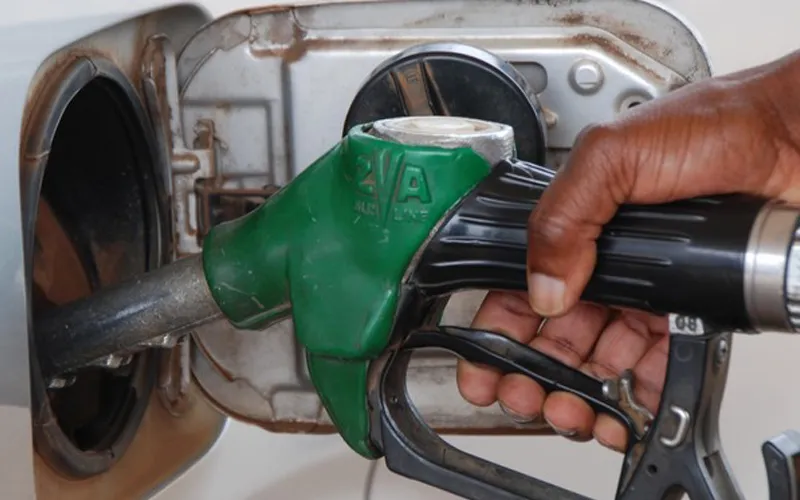Lusaka, 06 March, 2022 / 8:00 pm (ACI Africa).
An official of the Lusaka-based Jesuit Centre for Theological Reflection (JCTR) has said that while the recent increase in fuel prices in Zambia was expected, the move by the country’s Energy Regulation Board (ERB) is discouraging as it will impact negatively on households.
On February 28, ERB chairperson announced the upward review of fuel prices in the Southern African nation. Reynolds Bowa said the increase in pump prices was inevitable to ensure a sustained supply of fuel to the Zambian market in the short to medium term.
“When it comes to the most recent increment in the price of fuel, while expected, it is sort of disheartening because we know what this implies for the cost of living,” JCTR Social and Economic Program Manager says in a Thursday March 3 video.
A hike in oil prices in Zambia was expected following the global increase in oil per barrel last month.
In the video published by JCTR, Chama Bowa Mundia says Zambians have experienced high costs of living in previous years when fuel prices were adjusted.








